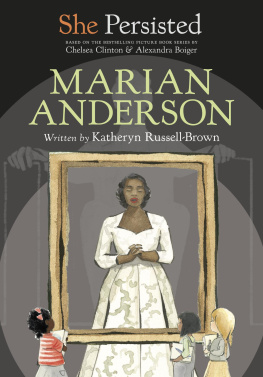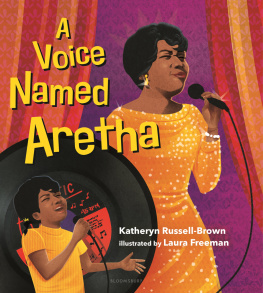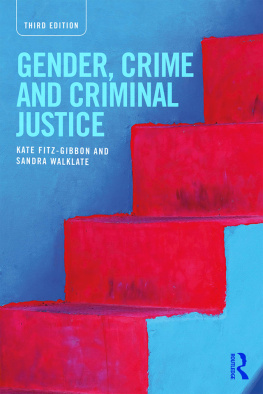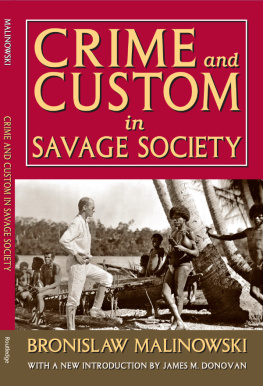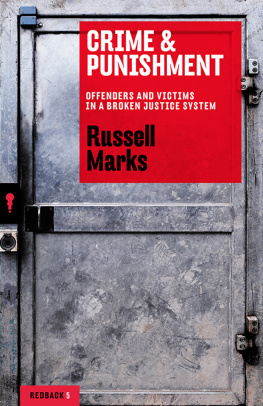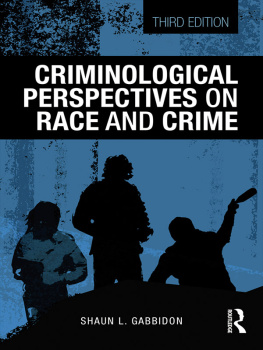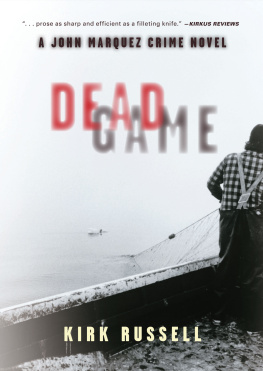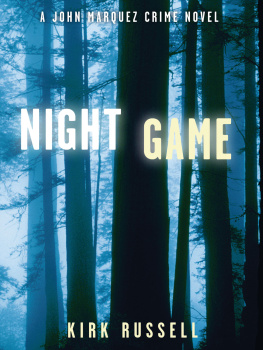Thank you for buying this ebook, published by NYU Press.
Sign up for our e-newsletters to receive information about forthcoming books, special discounts, and more!
Sign Up!
About NYU Press
A publisher of original scholarship since its founding in 1916, New York University Press Produces more than 100 new books each year, with a backlist of 3,000 titles in print. Working across the humanities and social sciences, NYU Press has award-winning lists in sociology, law, cultural and American studies, religion, American history, anthropology, politics, criminology, media and communication, literary studies, and psychology.
Underground Codes
Underground Codes
Race, Crime, and Related Fires
Katheryn Russell-Brown
NEW YORK UNIVERSITY PRESS
New York and London
www.nyupress.org
2004 by Katheryn Russell-Brown
All rights reserved
Library of Congress Cataloging-in Publication Data
Russell-Brown, Katheryn, 1961
Underground codes : race, crime, and related fires / Katheryn Russell-Brown.
p. cm.
Includes bibliographical references and index.
ISBN 0814775403 (cloth : alk. paper)
ISBN 0814775411 (pbk : alk. paper)
1. Discrimination in criminal justice administrationUnited States.
2. Discrimination in law enforcementUnited States.
3. Crime and raceUnited States. 4. MinoritiesUnited States.
I. Title.
HV9950.R873 2003
364.080973dc22 2003017314
New York University Press books are printed on acid-free paper, and
their binding materials are chosen for strength and durability.
Manufactured in the United States of America
10 9 8 7 6 5 4 3 2 1
To my husband-love,
Kevin Kimble Brown
Contents
2 American Indians and Crime:
Invisible Minorities and the Weight of Justice
3 Gangsta Rap and Crime:
Any Relationship?
6 In the Crosshairs:
Racial Profiling and Living while Black
7 Black Women and the Justice System:
Raced and Gendered into Submission
Acknowledgments
First, thank you to New York University Press for its continued interest in my work. As well, I thank my colleagues who read and discussed manuscript chapters with me: Sandra Bass, Angela Jordan Davis, David Harris, Darnell Hawkins, Dragan Milovanovic, Jill Nelson, Becky Tatum, Ronald Walters, and Geoffrey Ward. As well, in spring 2001, I received wonderful feedback on an early draft of the chapter on Black protectionism from participants in Princetons African American Studies Programs Lecture Series (Works-in-Progress), headed by Noliwe Rooks. I am very appreciative of the support I received from the University of Maryland, particularly my colleagues Charles F. Wellford, John Laub, Sally Simpson, Gary LaFree, and the former dean Irwin Goldstein.
I received exceptional research assistance from several graduate students, including Greg J. Jones, Samantha Kwan, Patrice White, and undergraduate Sabastian Niles. An extra-special thank you to a former graduate student, Melissa Bamba, who managed to read and provide a detailed critique of the full manuscript in record time.
Last, I could not have completed this project without the love and support of my beloved family and dear friends.
Introduction
In the childrens game of telephone, a group of children sit in a circle and one child begins by whispering a statement or phrase into the ear of the child sitting next to her. This child then repeats the message, passing it along to the next child. This continues until the statement or phrase makes its way back around the circle. When the last person receives the message, he announces what he has heard. Typically, the statement or phrase varies so greatly from the initial one that it evokes humor and surprise. In some ways, this processthe game of telephoneis analogous to the state of affairs regarding data, perceptions, and information about race and crime.
Both the public discussion and the empirical research indicate that there are many issues involving crime and race that are overlooked, misunderstood, and falsely linked. The title of this book, Underground Codes, highlights this fact. As well, the title alludes to Harriet Tubmans Underground Railroad which led hundreds of slaves to freedom. Thus, a modest objective of this book is to promote a kind of freedom in the form of new thinking about the actual and perceived nexus between crime and race.
Since I wrote The Color of Crime, the national spotlight on race and crime has dimmed. The introspection demanded by larger-than-life criminal cases, such as those involving Rodney King and O. J. Simpson, is no longer a national objective. In the past few years, spectacular, racially tinged criminal cases, which pushed discomforting and vexing questions to the fore, have been replaced by larger national issues. As the psychologist Abraham Maslows hierarchy of needs would predict, issues of national and personal securityphysical and financialtook precedence over sociological inquiries. Specifically, the September 11, 2001, attacks on the United States, the collapse of several major business corporations and their accounting fallouts (e.g., Enron, WorldCom, Xerox), and the U.S. war in Iraq have altered the nations economic, political, and social interests.
Underground Codes, however, argues that we must continue our analysis of the connection between crime and race and reconsider how this relationship is fostered, explicitly and tacitly. The texts three central goals are interrelated: (1) to outline the operating mechanisms of the criminal justice system that hamper our efforts to detect the impact of race; (2) to highlight commonly held linkages between race and crime that have little or no empirical foundation; and (3) to address important but rarely discussed issues of race and crime. Specifically, each chapter ties directly to the goal of highlighting areas of crime and race that are worthy of greater empirical attention or of analyzing ways in which crime and race are covertly linked.
The first chapter offers an example of how doing business as usualwhich, in this context, means using mainstream methods to conduct research on race discriminationperpetuates the age-old link between race and crime. This opening chapter critiques the standard methods used to assess racial discrimination in the criminal justice system. It is argued that the widely accepted analyses of racial bias obscure evidence of racial discrimination. The chapter explores the difference between the role race plays in formal stages (where official data are available) and in informal stages (where official data are not available). The findings indicate that we should expand the definition of formal stage to include other phases of the justice system, such as pre-arrest and parole. As well, this chapter provides an introduction to the issues addressed in subsequent chapters.
examines how American Indians are funneled through the U.S. justice system. Most interesting, the data indicate that Indians, who constitute less than 1 percent of the U.S. population, have exceedingly high victimization rates. Between 1992 and 1996, their rates were higher than those of any other racial group, including African Americans. The chapter includes a discussion of the complex web of justice systems through which American Indians are processed, a further complication when attempting to identify and understand their crime and victimization rates. The chapter makes a case for focusing more attention on American Indians and the justice system.


